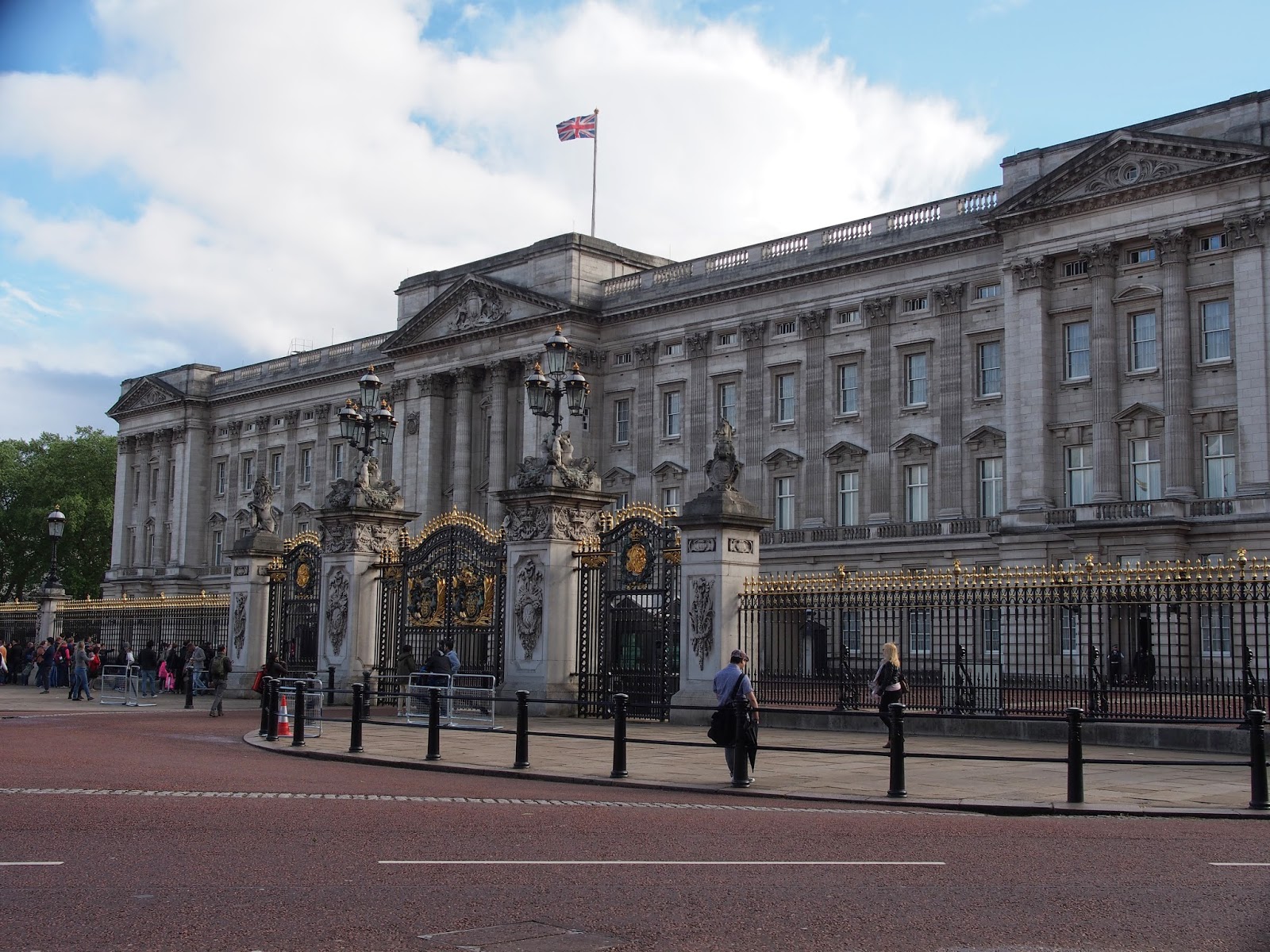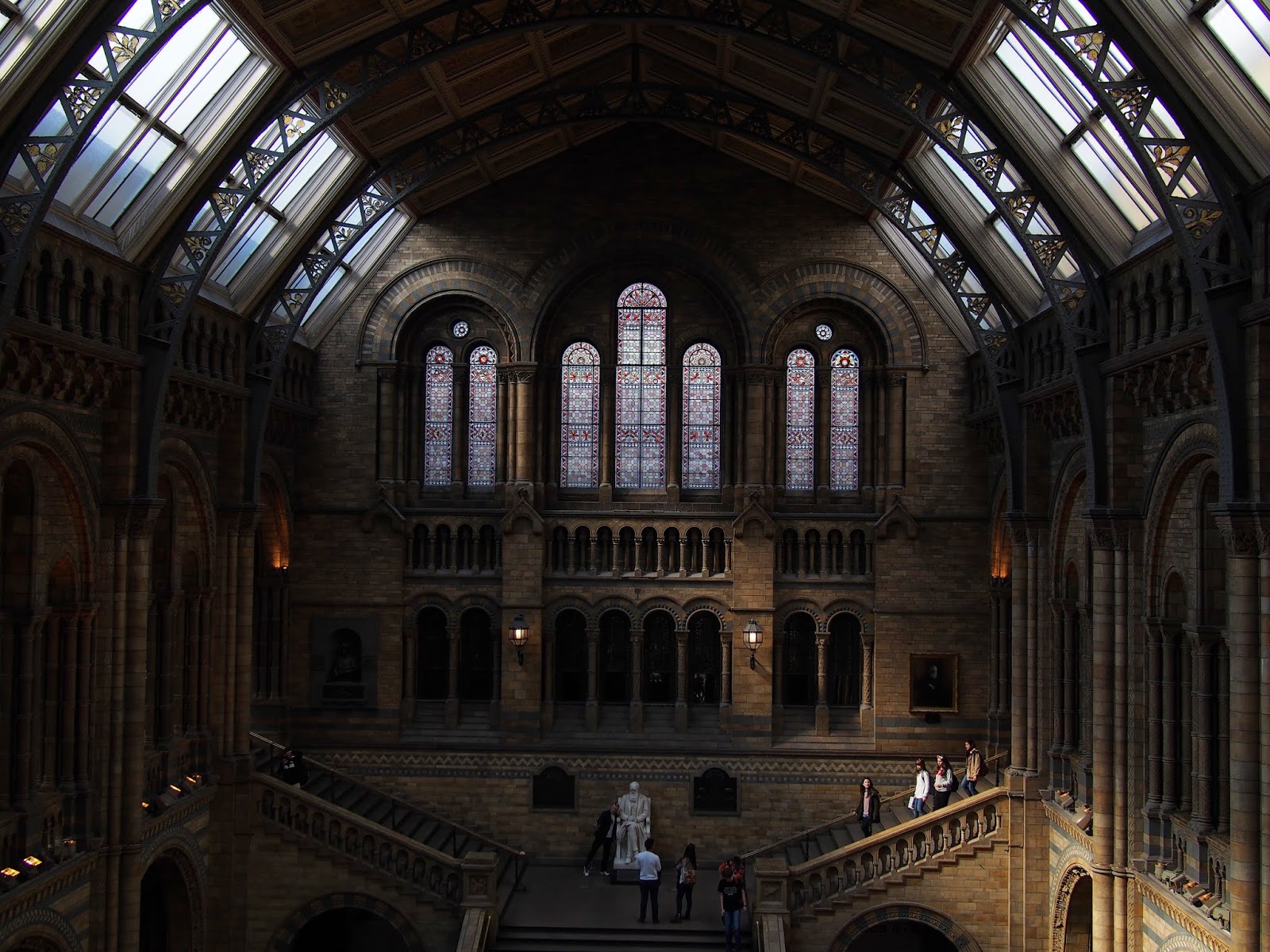Southern Italy isn't exactly known for its tourism. Americans largely never travel south of Napoli. Northern Italians regard the area quite negatively. Its known for its corruption, con men and relative poverty, but this is the area that many Italian Americans have roots in. In the late 1800s, when Italians were leaving the homeland for hope of a better life, it was southern Italy they were escaping. Its the reason I traveled here, despite the warnings, to find the birth place of my great grandfather, Antonio.
I left from Napoli on a coastal express train for Lemezia. The view was stunning as we passed aging villas clinging to rock face, precariously suspended over turquoise water. As we escaped the midlands, dilapidated unit housing replaced the picturesque Mediterranean paradise. It became more and more clear why people left.
Unfortunately for Italians, the main industry is tourism, which the south largely lacks. The other production based businesses wade knee deep in corruption; preventing the trickle of profit to its employees. The result is an area hungry for income but stubbornly Italian.
People emphatically talk with their hands, if not their whole body. People are extremely passionate about even the most mundane things. What often sounds like yelling, is really engaged discourse about the weather. Most of all, people take great care in the people they meet.
Even when I was mumbling through the language, people were quick to help me. The waiter at the restaurant would patiently wait for me to find the vocabulary to tell him what I was doing in town while he slung shots of house made limoncello at me, free of charge. When I left he called me brother (we apparently have family in the same town). The owner of the hotel that I stayed in, while in Catanzaro, took a personal interest in helping me find my great grandfather's documentation. Going so far as to navigating the court house with me to supply the correct inquiry form. At the end, I left feeling like I could understand myself a little bit more.
I saw myself, and my family in these small towns. Genuinely passionate and kind people were everywhere. The strange customs and culture within my family, disparate from my friend's families, suddenly had context.
Cazzilli is what my mother would call the eye gunk that forms when you sleep. It happens to be the name of a potato based fried food that, in Sicilian tradition, is crassly named. It literally means "little prick." They food, not the name, shares a few similarities to the stuff in your eyes.
Schivosa is something my mom would exclaim when any of us were being gross. Particularly if we had a dripping nose or something. I found out that this actually means "gross."
Yelling. Any one who knows me knows that I speak intensely about anything. If you don't know me well, people frequently mistake this for angered yelling. My Dad does it. My brothers do it. Everyone in Italy does it.
Caca is a childish term my mom would use to refer to...uh...feces. So do Italians.
Bacala is well known through the Mediterranean and the Caribbean. Its the common name used for salted cod, which forms a lot regional dishes. In Calabria, cod is thought of as a really dumb fish, which is why my father would call us that when we did something not very bright. Apparently, the Stanizzi kids and tens of thousands of Calabrians can all share that memory.
Stronzo means "a shit." This might be why its one of the many swears I heard fly out of the mouth of southerners...and my dad.
Agita sounds just like it is. It means agitated. Its what Italians say when they get heart burn after a big meal, or what i say after a Christmas feast. Every. Time.
Eating pasta with just a fork is the way I always ate pasta. It wasn't until I went out to a restaurant and had pasta that I realized people used the spoon as well. Nope. Not in Italy. A fork is good enough.
Napkins on the table, placed squarely to the side of the plate. That's where it stayed. It was only placed on your lap if it was a special dinner, or the family was dining at a restaurant. Same in Italy. It holds that place at the table for quick face cleanup after making a mess while using only a fork for pasta.
Did I learn a lot? I certainly did. I made friends and found my family in a bunch of strangers. Its with a heavy heart that I finally leave Italy for other places unknown. In this case, Barcelona.








































